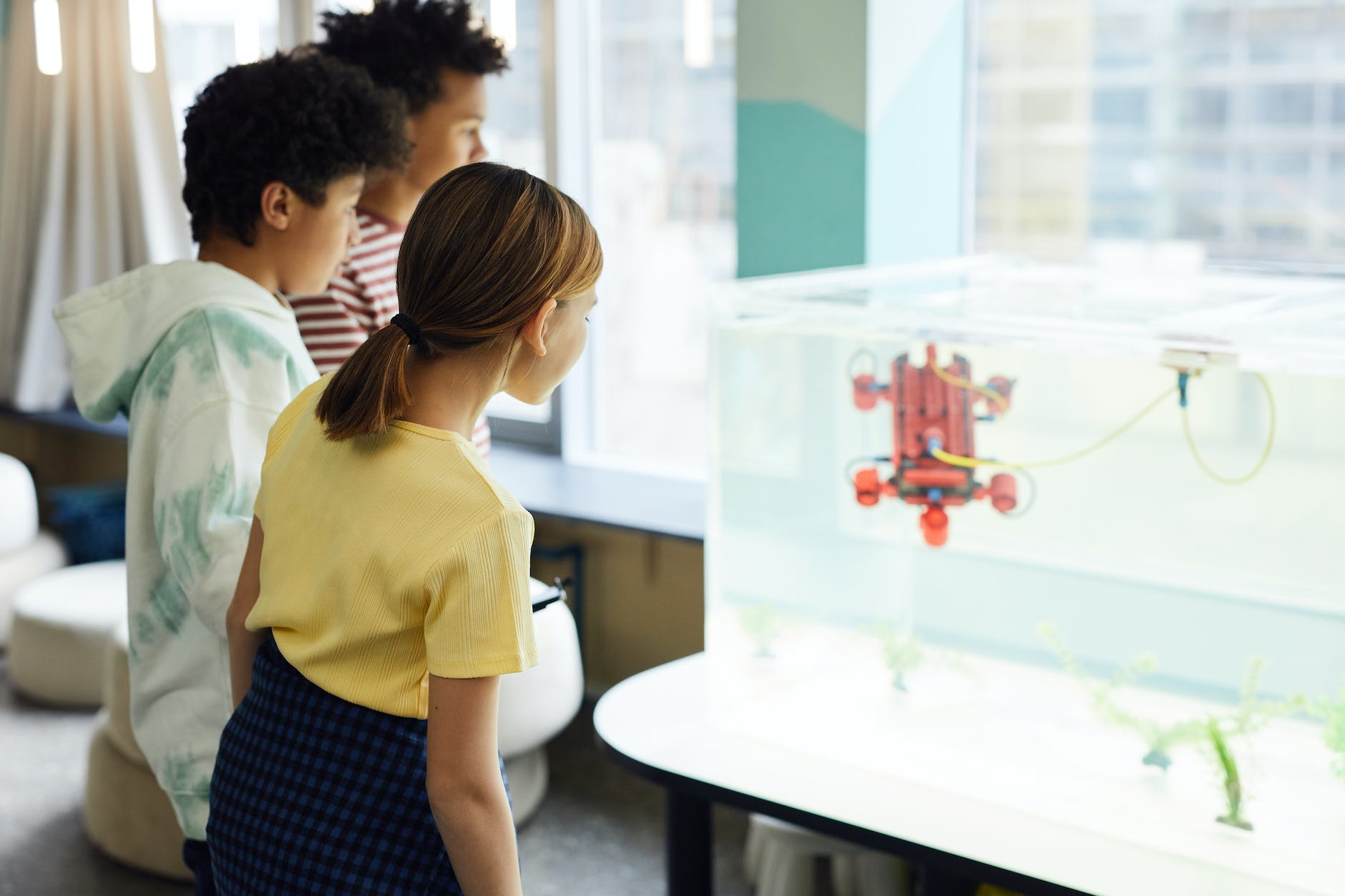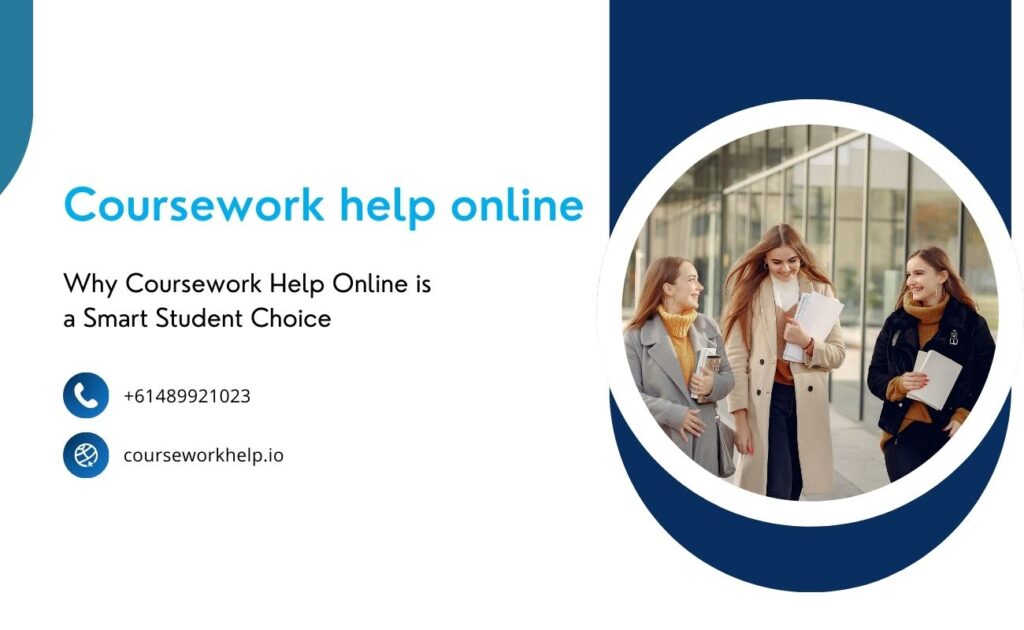As an educator with over two decades of experience, I have had the unique opportunity of observing the dramatic future of education over the years. The future of education is an exciting, albeit challenging, frontier. It is a landscape being shaped by unprecedented technological advancements and innovative teaching methodologies, which are revolutionizing the way we teach and learn.
The 21st-century classroom is a dynamic environment where traditional chalk-and-talk methods are being replaced with interactive and immersive learning experiences. The future of education is no longer about memorization and rote learning. Instead, it is about fostering creativity, critical thinking, collaboration, and communication – the 4 Cs of 21st-century learning.
The journey towards this future is already underway, and as we prepare to navigate through it, it is essential to understand the role of technology and innovation in shaping this future.
The Role of Technology in Shaping the Future of Education
Technology is the driving force behind the evolution of education. It is not just about integrating computers and smart devices into classrooms. Instead, it is about leveraging these tools to create meaningful learning experiences that cater to the diverse needs of students.
For instance, adaptive learning technologies are making it possible to provide personalized learning experiences to students. These technologies analyze the learning patterns and proficiency levels of students to deliver customized content that caters to their individual needs. This is a significant shift from the one-size-fits-all approach of traditional education and is a testament to the transformative power of technology.
Furthermore, technology is breaking down the walls of classrooms and making education accessible to all. With the advent of online learning platforms, students can now learn anytime, anywhere, and at their own pace. This is particularly beneficial for students in remote areas who otherwise wouldn’t have access to quality education.
Understanding the Impact of Innovation on Education
Innovation, in the context of education, is about challenging the status quo and finding new and better ways of teaching and learning. It is about harnessing the power of technology to create learning environments that are relevant to the needs and aspirations of the digital age learners.
“The future of education is the fusion of innovation and inspiration. It’s not just about accumulating knowledge, but about sparking curiosity, nurturing creativity, and developing skills to navigate an ever-evolving world. Education, thus, becomes the bridge between what is and what can be.”
One of the most significant innovations in education is the shift towards learner-centric education. This approach places students at the center of the learning process, empowering them to take charge of their own learning. It is a departure from the teacher-centric model of education, where the teacher is the sole bearer of knowledge, and the students are passive recipients.
Another groundbreaking innovation is the integration of real-world contexts into learning. Instead of learning in isolation, students are now learning in contexts that are relevant and meaningful to them. This approach not only enhances learning outcomes but also helps students see the relevance of what they are learning, thereby increasing their engagement and motivation.
Technological Advancements Influencing the Future of Education
Several technological advancements are shaping the future of education. Artificial Intelligence (AI) is one such advancement. AI-powered tools are making it possible to automate routine tasks, provide personalized learning experiences, and even predict learning outcomes.
Another notable advancement is Virtual Reality (VR) and Augmented Reality (AR). These technologies are creating immersive learning experiences that enable students to explore and interact with virtual environments. This is particularly useful for subjects that are difficult to visualize, such as astronomy, anatomy, and chemistry.
Blockchain technology is another advancement that is set to revolutionize education. It promises to make the process of issuing, verifying, and sharing academic credentials more secure and efficient. This could potentially eliminate the need for paper-based certificates and transcripts, making educational records more accessible and verifiable.

Case Studies: How Innovation is Remodeling Educational Systems
Innovation is already transforming educational systems around the world. In Singapore, for instance, the government has launched the ‘FutureSchools’ initiative, which aims to integrate technology into every aspect of education. This initiative has led to the creation of futuristic classrooms equipped with interactive whiteboards, mobile learning devices, and digital learning platforms.
In Finland, renowned for its innovative education system, schools are moving away from traditional subject-based teaching towards phenomenon-based learning. This approach encourages students to explore real-world phenomena from a multidisciplinary perspective, fostering their problem-solving and critical-thinking skills.
In the United States, schools are leveraging Big Data analytics to improve student outcomes. They are using data to identify learning gaps, monitor student progress, and provide personalized learning experiences. This data-driven approach to education is helping schools make informed decisions that enhance the quality of education.
Future of Education: Predictions and Trends
Looking ahead, the future of education is likely to be characterized by greater personalization, increased use of technology, and a stronger focus on skills over content. One of the key trends is the shift towards competency-based education, which emphasizes the mastery of skills and competencies over the accumulation of knowledge.
Another trend is the rise of lifelong learning. As the lifespan increases and careers become more fluid, individuals will need to constantly learn and update their skills. This will necessitate the creation of flexible learning pathways that cater to the learning needs of individuals throughout their lives.
In terms of technology, AI, VR/AR, and blockchain are expected to play a significant role in the future of education. These technologies will not only enhance the quality of education but also make it more accessible, efficient, and equitable.

Preparing for the Future of Education: Tips for Educators and Institutions
As we prepare for the future of education, it is crucial for educators and institutions to be proactive and adaptive. Here are a few tips to help you navigate through this exciting yet challenging future:
- Embrace technology: Technology is not a threat but a tool that can enhance teaching and learning. So, don’t shy away from it. Instead, embrace it and leverage it to create meaningful learning experiences.
- Foster a culture of innovation: Encourage students to question, explore, and experiment. This will not only foster creativity and critical thinking but also instill a sense of curiosity and a love for learning.
- Focus on skills, not just content: In the future, skills such as critical thinking, problem-solving, collaboration, and communication will be more valuable than content knowledge. So, make sure to incorporate these skills into your teaching.
How to Embrace Technology and Innovation in Educational Settings
Embracing technology and innovation in educational settings is not about replacing teachers with robots or turning classrooms into tech labs. Rather, it’s about using these tools and methods to enhance teaching and learning.
To start with, familiarize yourself with the latest educational technologies and innovations. Attend workshops, webinars, and conferences. Join online communities of educators. Experiment with different tools and methodologies, and see what works best for you and your students.
Next, integrate technology and innovation into your teaching in a way that enhances learning. Don’t use technology for the sake of using it. Instead, use it to cater to the diverse needs of your students, foster engagement, and make learning relevant and meaningful.
Lastly, don’t be afraid of making mistakes. Innovation involves taking risks and learning from failures. So, be open to new ideas, be willing to experiment, and be ready to learn and adapt.
The Future of Education: Challenges and Opportunities
The future of education, though promising, is not without its challenges. One of the key challenges is the digital divide, which refers to the gap between those who have access to technology and those who don’t. This divide threatens to exacerbate educational inequalities and leave behind those who are already disadvantaged.
Another challenge is the need for teacher training and support. As education becomes more technologically driven, teachers need to be equipped with the necessary skills and competencies to navigate through this new landscape.
Despite these challenges, the future of education presents myriad opportunities. It offers the opportunity to make education more personalized, interactive, and relevant. It provides the chance to break down the walls of classrooms and make education accessible to all. And it presents the prospect of preparing students for a future that is yet to be imagined.
Wrapping Up: The Future of Education
In conclusion, the future of education is an exciting frontier being shaped by technology and innovation. It is a future where learning is personalized, interactive, and relevant. It is a future where education is accessible to all, regardless of their geographical location or socio-economic status.
As we journey towards this future, it is crucial for us, as educators and institutions, to embrace change, foster innovation, and focus on skills over content. We must strive to create learning environments that cater to the diverse needs of 21st-century learners and prepare them for a future that is yet to be imagined.
Indeed, the future of education is not something that we await but something that we create. So, let’s embrace this opportunity and shape a future that is inclusive, equitable, and full of possibilities.
Innovation at the Forefront: Evaluating the Impact of Technology in Today’s Educational Landscape





